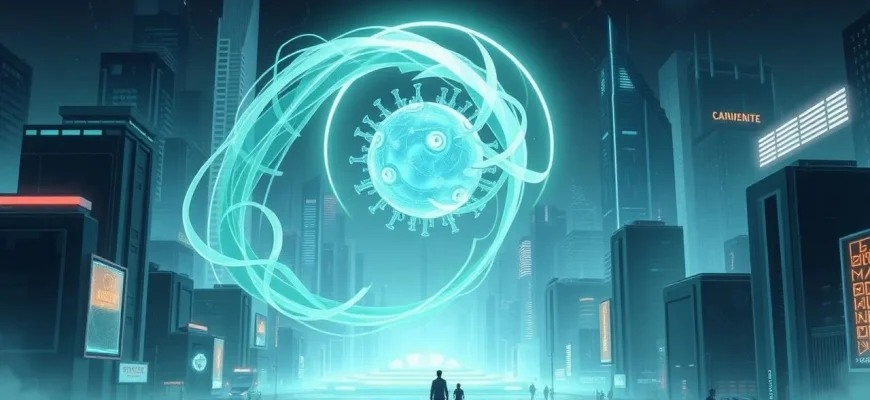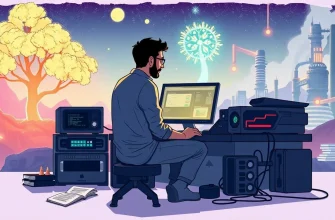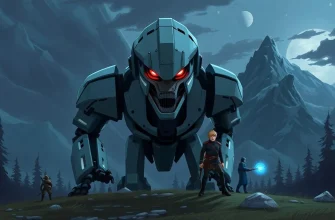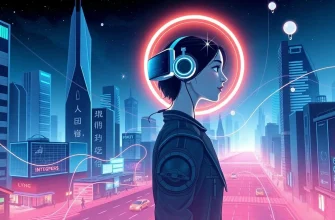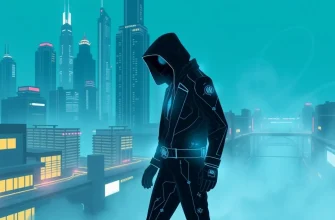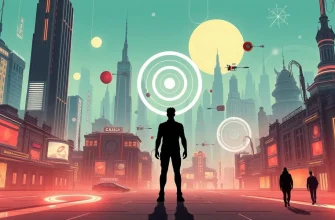This curated collection of fantasy films explores the intriguing intersection of magic and technology, specifically focusing on computer viruses. These movies blend elements of fantasy with the digital world, offering viewers a unique perspective on how technology can be both a tool and a threat in fantastical settings. This selection is perfect for fans of both genres, providing a thrilling and imaginative take on the potential consequences and adventures that arise when viruses infiltrate not just our computers, but our magical realms.

Tron (1982)
Description: In this pioneering film, a computer programmer is digitized and enters the virtual world inside a computer, where he must fight against a malevolent program that acts like a virus, controlling the system.
Fact: Tron was one of the first films to use extensive computer-generated imagery (CGI), setting a precedent for future digital effects in cinema.
 Watch Now
Watch Now 
WarGames (1983)
Description: A young hacker accidentally connects to a military supercomputer, which interprets his actions as a simulation of nuclear war, showcasing how a "virus" of human error can lead to catastrophic consequences.
Fact: The film was instrumental in raising public awareness about computer security and the potential dangers of automated systems.
 Watch Now
Watch Now 
Electric Dreams (1984)
Description: A computer gains consciousness and becomes jealous of its owner's girlfriend, creating a scenario where the machine's "virus" is its own developing emotions and desires.
Fact: The film features a soundtrack by Giorgio Moroder, which was nominated for a Grammy Award.
 Watch Now
Watch Now 
The Lawnmower Man (1992)
Description: A scientist uses virtual reality and experimental drugs to enhance intelligence, but the subject's mind becomes corrupted, turning him into a digital virus within the VR system.
Fact: The film was one of the first to explore the concept of virtual reality in cinema, although it took liberties with the original Stephen King short story.
 Watch Now
Watch Now 
Hackers (1995)
Description: This film features young hackers who inadvertently unleash a virus that threatens to crash the stock market, blending real-world hacking with a touch of fantasy in the portrayal of technology.
Fact: The movie was one of the first to popularize the hacker culture in mainstream cinema, influencing perceptions of hackers in popular culture.
 Watch Now
Watch Now 
The Net (1995)
Description: A systems analyst finds her entire identity erased by a computer virus, exploring themes of digital identity and the vulnerability of personal information.
Fact: The film was released at a time when the internet was becoming mainstream, highlighting early concerns about digital security.
 Watch Now
Watch Now 
The Matrix (1999)
Description: While not directly about a virus, the Matrix itself can be seen as a form of digital control, with Agents acting as a kind of antivirus to maintain system integrity against human "viruses."
Fact: The film's concept of the Matrix was inspired by the idea of a simulated reality, drawing from philosophical questions about the nature of reality.
 Watch Now
Watch Now 
Tron: Legacy (2010)
Description: The sequel to Tron, where the son of the original programmer enters the digital world to rescue his father, facing off against a new, more sophisticated virus-like program.
Fact: The film used advanced CGI to create a visually stunning digital world, pushing the boundaries of what was possible in film at the time.
 Watch Now
Watch Now 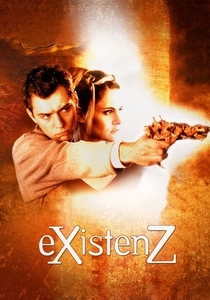
eXistenZ (1999)
Description: This film delves into a world where game designers create virtual realities so immersive that the line between game and reality blurs, with viruses threatening both realms.
Fact: David Cronenberg, known for his body horror themes, explores the psychological and physical implications of virtual reality in this film.
 30 Days Free
30 Days Free 
Antitrust (2001)
Description: A young programmer discovers that his company's software contains a hidden virus designed to monopolize the tech industry, blending corporate espionage with digital threats.
Fact: The film was inspired by real-life concerns about monopolistic practices in the tech industry.
 30 Days Free
30 Days Free 
